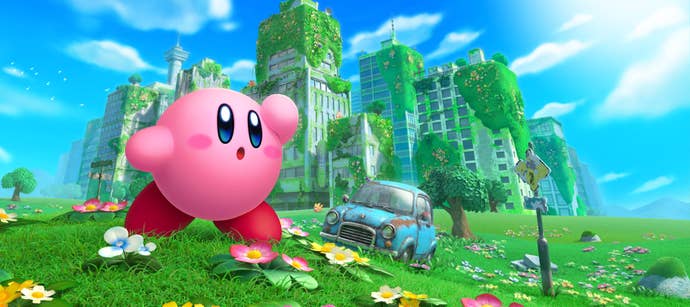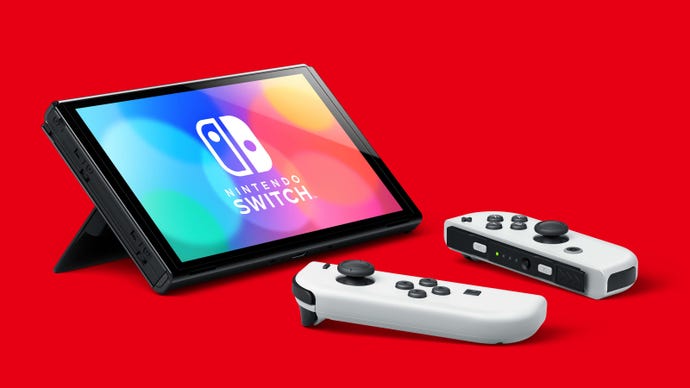Switch sales fall 23% due to shortage of semiconductor components
Nintendo expects things to look up this fall as more chips are produced.
Nintendo has released its Q1 financial report for the fiscal year ending March 31, 2023, noting a decline in both net sales and movement of Switch consoles.
According to Nintendo, overall sales fell 4.7% to $2.3 billion. There were noted declines in both the video game platform and mobile sectors. The former saw a decline of 4.3%, while mobile, IP-related income fell 16.8%.
In hardware, Switch sales declined 22.9% to 3.43 million units partially due to the addition of the Nintendo Switch – OLED Model with its high unit price to the hardware lineup. But Nintendo said that factors such as the global shortage of semiconductor components impacted production, resulting in a decrease in hardware shipments and a subsequent decline in overall sales.
Although first-party software and digital sales accounted for a larger percentage of overall software sales, the gross profit margin remained at the same level as the same period last year. Nintendo partially attributed this to the addition of the Nintendo Switch – OLED Model to the hardware lineup, with its lower profit margin, compared with other models, and the increase in component costs due to factors such as the semiconductor shortage.
Due to delays in procurement of components such as semiconductors this year, Nintendo said it could not conduct production as planned. However, it expects procurement to gradually improve from late summer towards autumn, providing a clearer outlook regarding production for the remaining calendar year.
Now in its sixth year since launch, the company said demand for Switch remains stable in all regions, and to prepare for the holiday season, it will "leverage appropriate means of shipment" and will work to deliver as many Switch systems as possible to consumers in every region.
More than 100 million users have played Nintendo Switch in the latest 12-month period, and the console has moved 111.08 million units since launch.

In software, sales were down 8.6% year-over-year (yoy) to 41.41 million units. Digital sales in the first quarter increased by 16% year-on-year and accounted for 53% of total software sales.
During the quarter, titles from other publishers helped drive hardware sales, particularly in Japan, and first-party titles such as Nintendo Switch Sports and Mario Strikers: Battle League had a strong start. Both titles are now part of the million-sellers family.
Sales of evergreen titles such as Mario Kart 8 Deluxe remained steady.
Overall sell-through of first-party software increased yoy to reach the second-highest level for a first quarter since the launch of Nintendo Switch, though it could not keep pace with the first quarter of FY2021, a quarter fueled by strong sales of Animal Crossing: New Horizons.
The growth in sell-through during the quarter was supported not only by evergreen titles but also by several newly released titles. Nintendo Switch Sports sold over 4 million units in its first ten weeks.
Kirby and the Forgotten Land, released on March 25, saw the highest sell-through for any entry in the series to date. The game sold 4 million units in its first 15 weeks of availability.
As of June 30, 2022, over 863.59 million software units have sold for Switch.


